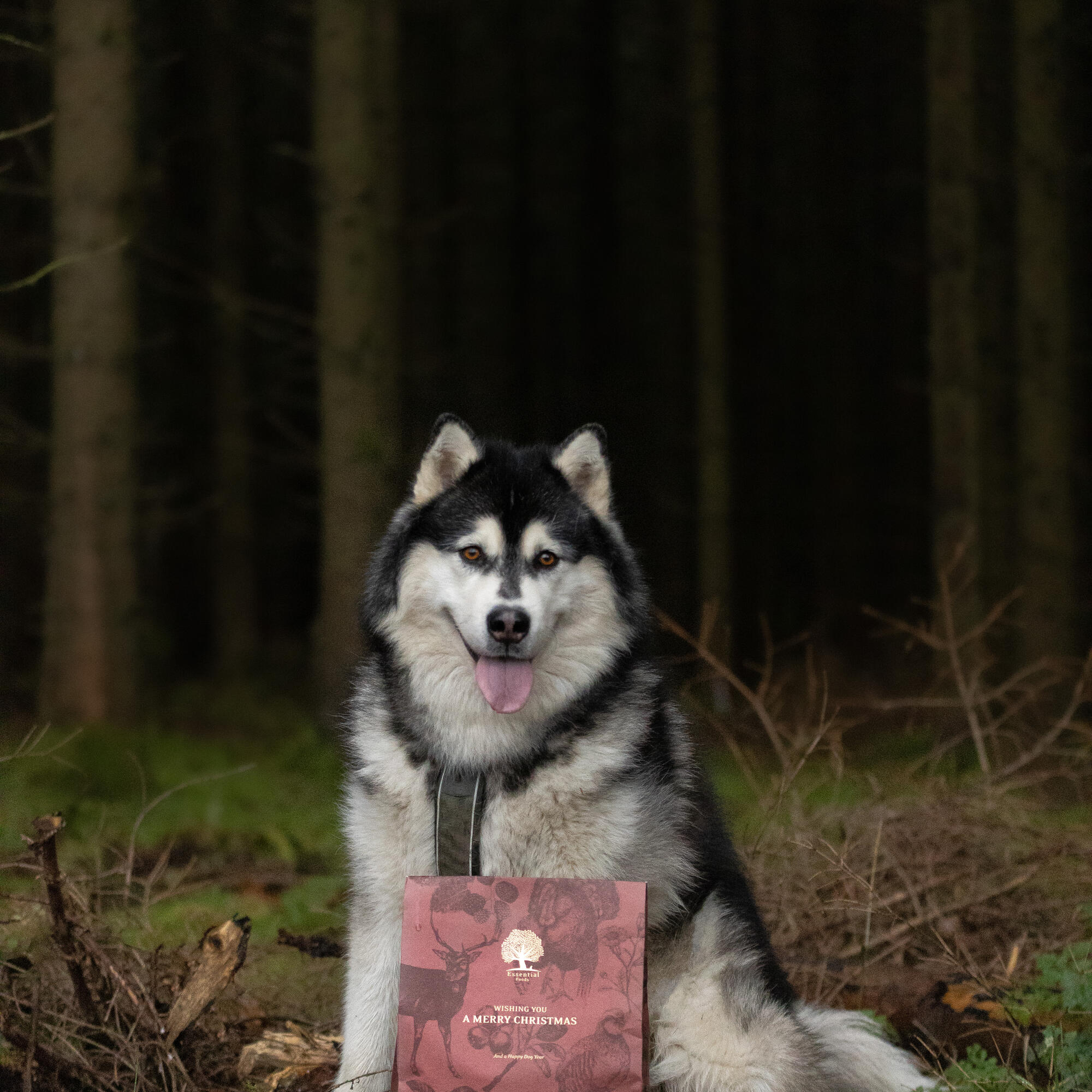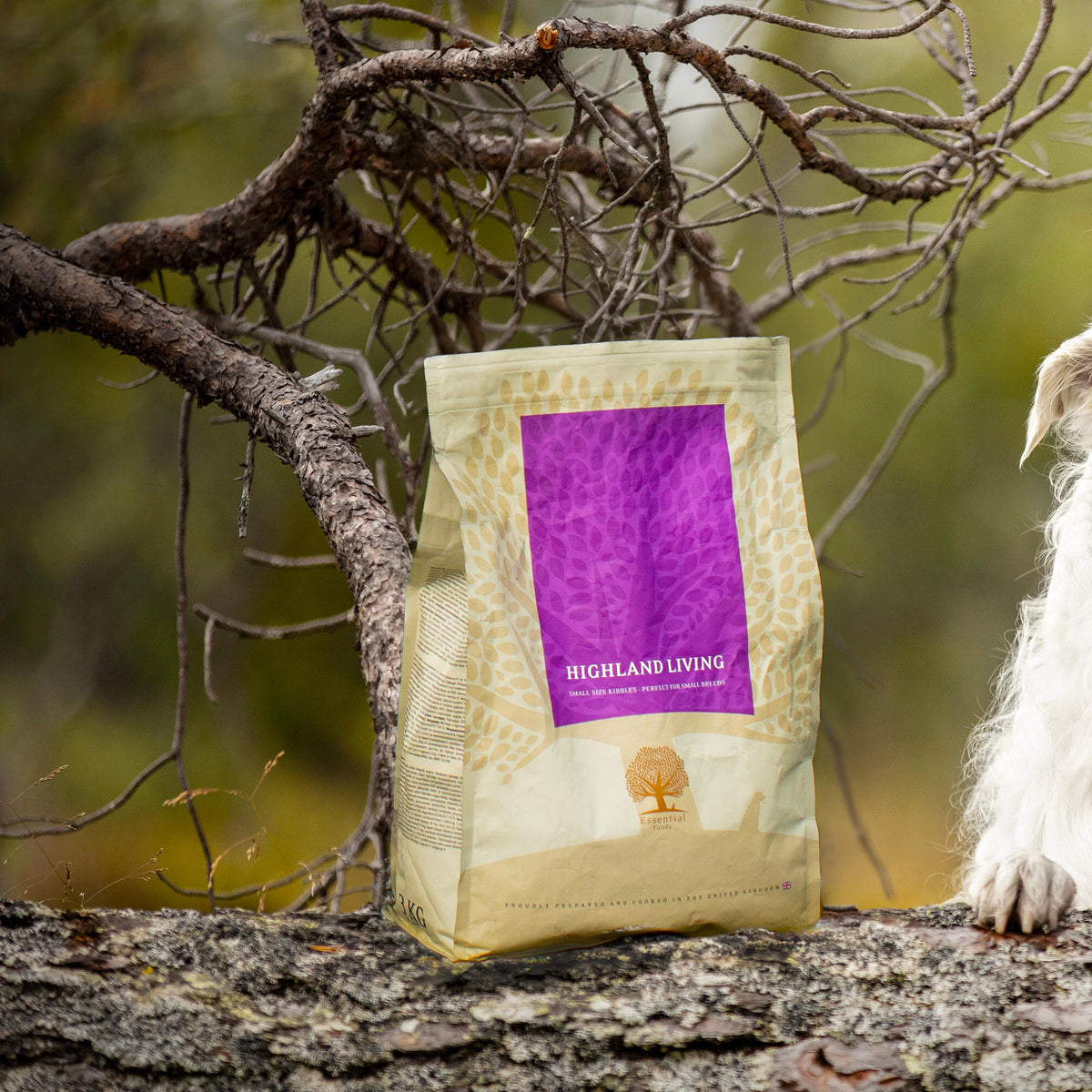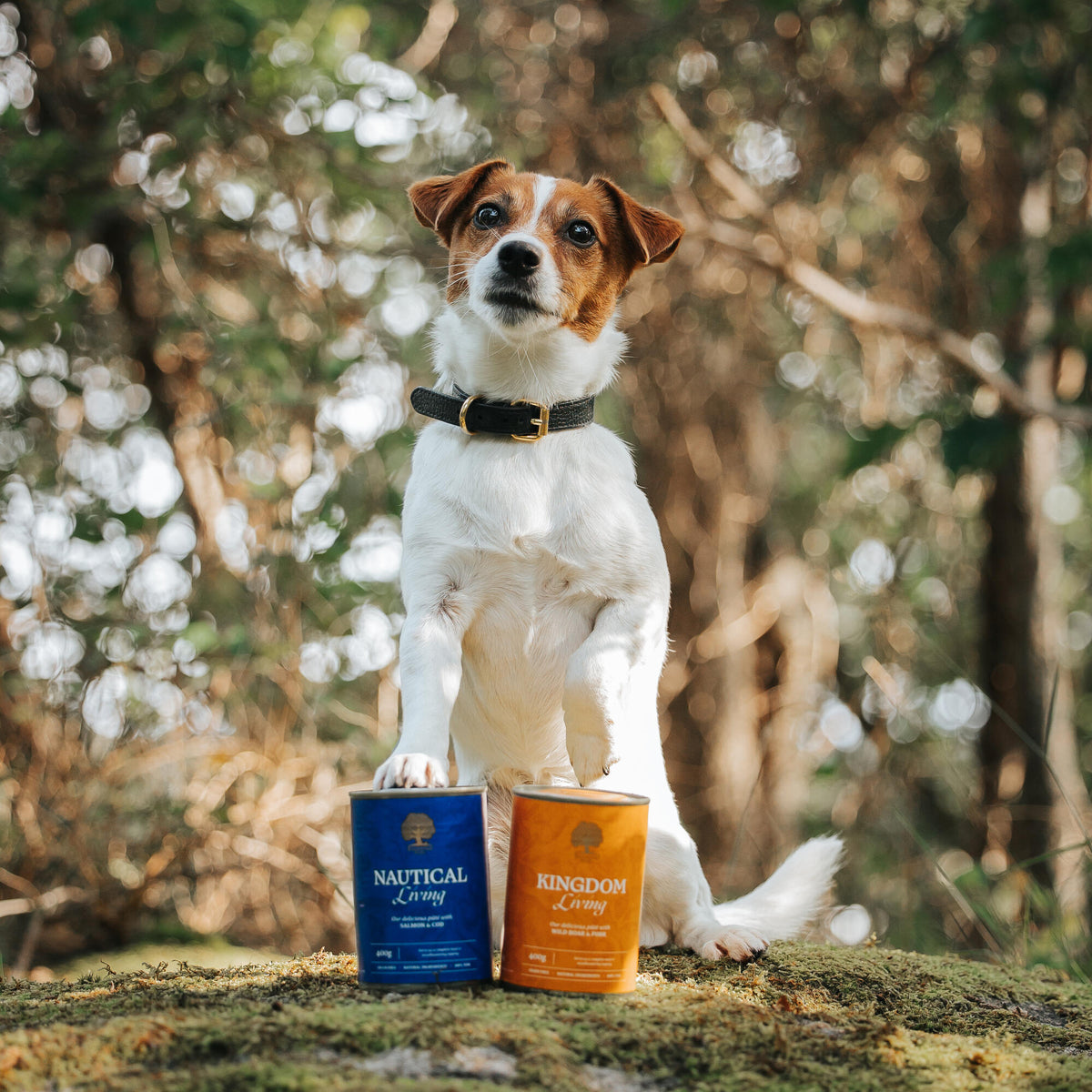Your Cart is Empty

Raising a puppy is a delightful yet challenging experience. One of the most critical aspects of ensuring your puppy grows up healthy is feeding them the right food. But how long should a puppy stay on puppy food? Let's dive into the world of puppy nutrition and find out.
What is Puppy Food?
Puppy food is specially formulated to meet the unique nutritional needs of growing dogs. Unlike adult dog food, it is rich in essential nutrients that support healthy growth and development.
Key Differences Between Puppy Food and Adult Dog Food
Puppy food contains higher levels of protein, fat, and certain vitamins and minerals compared to adult dog food. These nutrients are crucial for the rapid growth and development puppies undergo.
Essential Nutrients for Puppies
Puppies require a balanced diet rich in proteins, fats, carbohydrates, vitamins, and minerals. These nutrients are vital for their growth, energy, and overall health.
Role of Protein in Puppy Food
Protein is the building block of muscles, tissues, and organs. High-protein puppy food ensures your puppy develops strong muscles and maintains overall health.
Importance of Vitamins and Minerals
Vitamins and minerals play a crucial role in bone development, immune function, and overall growth. Ingredients like calcium, phosphorus, and vitamin D are essential for healthy bones and teeth.
Neonatal Stage
During the neonatal stage (0-2 weeks), puppies are entirely dependent on their mother's milk for nutrition.
Transitional Stage
In the transitional stage (2-4 weeks), puppies begin to open their eyes and ears and start to wean off their mother's milk.
Socialization Stage
From 4-12 weeks, puppies are in the socialization stage. This is when they start eating solid food and exploring their environment.
Juvenile Stage
The juvenile stage (3-6 months) is marked by rapid growth. Proper nutrition is critical during this phase to support their developing bodies.
Weaning from Mother's Milk
Weaning usually begins around 3-4 weeks of age. During this time, puppies are introduced to soft, mushy food.
Introduction to Solid Food
By 6-8 weeks, puppies should be fully transitioned to solid puppy food.
General Timeline for Different Breeds
Most puppies can transition to adult dog food at around one year of age. However, larger breeds may need to stay on puppy food for up to 18-24 months due to their longer growth periods.
Signs Your Puppy is Ready for Adult Food
Look for signs like slowed growth rate, increased energy levels, and the vet's recommendation to determine when to switch to adult dog food.
Gradual Transition Process
Transitioning should be gradual to avoid digestive issues. Start by mixing a small amount of adult food with puppy food, gradually increasing the proportion of adult food over a week or two.
Tips to Make the Transition Smoother
Ensure the new food is of high quality and similar in nutrient profile to the puppy food. Monitor your puppy for any signs of digestive upset during the transition.
Factors to Consider When Selecting Puppy Food
Look for high-quality ingredients, appropriate nutrient levels, and reputable brands. Consider your puppy's breed, size, and health needs.
Benefits of High-Quality Puppy Food
High-quality puppy food ensures your puppy gets the best start in life with balanced nutrition that supports optimal growth and health.
Role of Treats in Training
Dog treats are excellent tools for training and rewarding good behavior. They help reinforce positive actions and commands.
Choosing Healthy Treats
Opt for treats made with natural ingredients and avoid those with artificial additives. Healthy treats support your puppy's overall diet and health.
Why Grain-Free Might Be Beneficial
Grain-free puppy food can be beneficial for dogs with grain allergies or sensitivities. It reduces the risk of allergic reactions and digestive issues.
Potential Downsides of Grains
Some grains can be hard for puppies to digest and may cause inflammation. Grain-free options often use alternative carbohydrates like sweet potatoes or peas.
Benefits of Omega-3 Fatty Acids
Omega-3 fatty acids support brain development, improve coat and skin health, and reduce inflammation.
Sources of Omega-3 in Puppy Food
Look for puppy food containing fish oil, flaxseed, or chia seeds, which are rich in Omega-3 fatty acids.
Importance of Protein for Growth
Proteins are essential for muscle development, energy, and overall growth. High-protein puppy food supports these needs effectively.
Best Protein Sources for Puppies
The best protein sources include chicken, beef, fish, and lamb. These provide essential amino acids for healthy growth.
What is B.O.F?
Behavioral Optimizing Foods (B.O.F) is a principle that ensures meals stabilize your puppy's blood sugar levels, promoting balanced energy and behavior.
How B.O.F Benefits Puppies
B.O.F helps maintain steady energy levels, reducing hyperactivity and ensuring a calm, balanced demeanor.
Benefits of High-Meat Content
High-meat content in puppy food provides superior nutrition, mimicking a natural diet and ensuring high protein intake.
Comparing Meat Content in Different Foods
High-quality puppy foods with high meat content offer better nutrition compared to those with fillers and artificial ingredients.
Feeding your puppy the right food is essential for their growth and health. Puppy food rich in protein, Omega-3 fatty acids, and free from grains offers numerous benefits. Transitioning to adult dog food should be done gradually and with care. Essential Foodspuppy food stands out due to its high protein levels, B.O.F principle, high-meat content, and excellent palatability. This makes it the best choice for your puppy's health and happiness.
What is the difference between puppy food and adult dog food?
Puppy food contains higher levels of protein, fat, and essential nutrients to support growth and development, while adult dog food is formulated for maintenance.
Can I give my puppy treats while they are on puppy food?
Yes, dog treats can be given as rewards during training. Choose healthy treats that complement their diet.
How do I know if my puppy is getting enough nutrients?
Monitor their growth, energy levels, and overall health. Regular vet check-ups can also ensure they are getting the necessary nutrients.
Is grain-free puppy food better for my puppy?
Grain-free food can be beneficial for puppies with grain sensitivities or allergies. It may also improve digestion and reduce inflammation.


